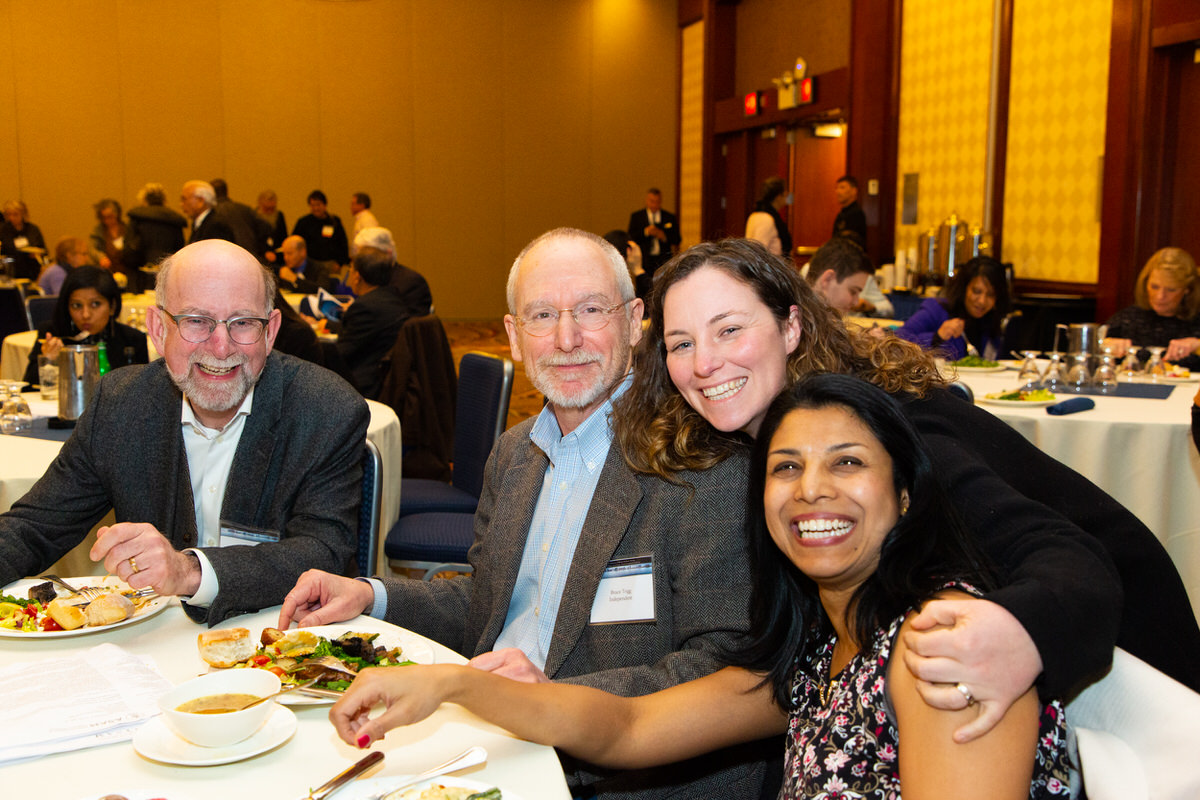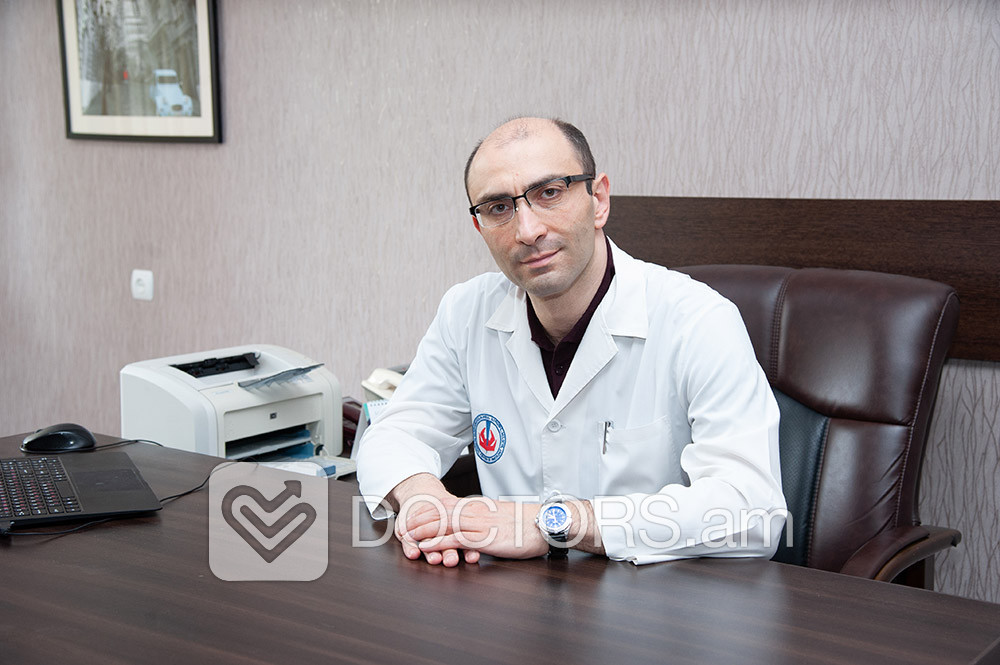

Health promotion focuses on achieving equity in health. Health promotion action aims at making these conditions favourable through advocacy for health. Political, economic, social, cultural, environmental, behavioural and biological factors can all favour health or be harmful to it. Good health is a major resource for social, economic and personal development and an important dimension of quality of life. Improvement in health requires a secure foundation in these basic prerequisites. The fundamental conditions and resources for health are: Therefore, health promotion is not just the responsibility of the health sector, but goes beyond healthy life-styles to well-being.

Health is a positive concept emphasizing social and personal resources, as well as physical capacities. Health is, therefore, seen as a resource for everyday life, not the objective of living. To reach a state of complete physical, mental and social well-being, an individual or group must be able to identify and to realize aspirations, to satisfy needs, and to change or cope with the environment. Health promotion is the process of enabling people to increase control over, and to improve, their health.

It built on the progress made through the Declaration on Primary Health Care at Alma-Ata, the World Health Organization's Targets for Health for All document, and the recent debate at the World Health Assembly on intersectoral action for health. Discussions focused on the needs in industrialized countries, but took into account similar concerns in all other regions. This conference was primarily a response to growing expectations for a new public health movement around the world. The first International Conference on Health Promotion, meeting in Ottawa this 21st day of November 1986, hereby presents this CHARTER for action to achieve Health for All by the year 2000 and beyond.


 0 kommentar(er)
0 kommentar(er)
